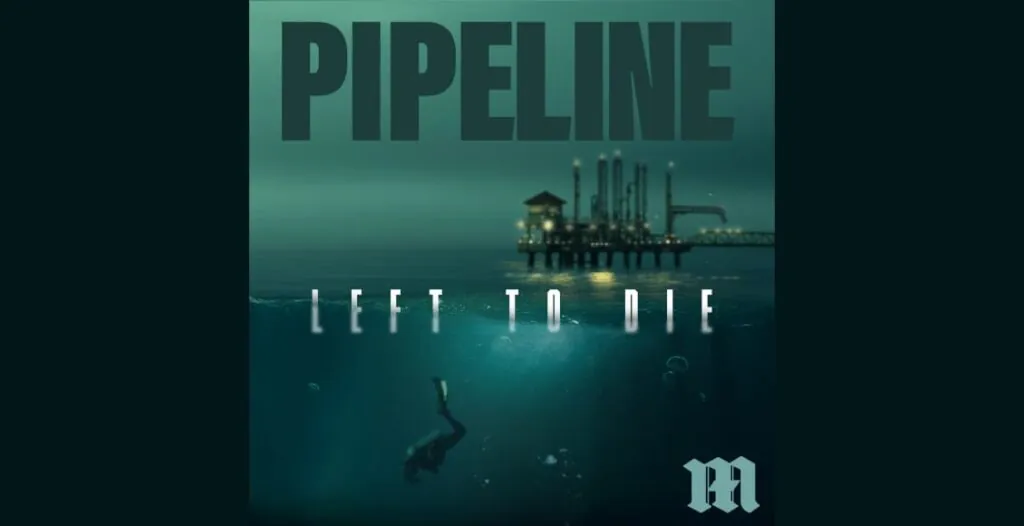On February 25, 2022, a routine underwater maintenance operation off the coast of Pointe-à-Pierre, Trinidad and Tobago, turned into a harrowing tragedy. Five divers, employed by Land and Marine Contracting Services (LMCS) and contracted by the state-owned Paria Fuel Trading Company, were sucked into a 30-inch oil pipeline. Only one, Christopher Boodram, survived to tell the tale. The incident not only exposed critical lapses in safety protocols but also highlighted systemic issues within corporate and governmental structures.
Paria Diving Disaster: Uncovering the Truth Behind Trinidad and Tobago’s Underwater Tragedy
This comprehensive analysis delves into the events leading up to the disaster, the immediate aftermath, the ensuing investigations, and the broader implications for industrial safety and accountability.


